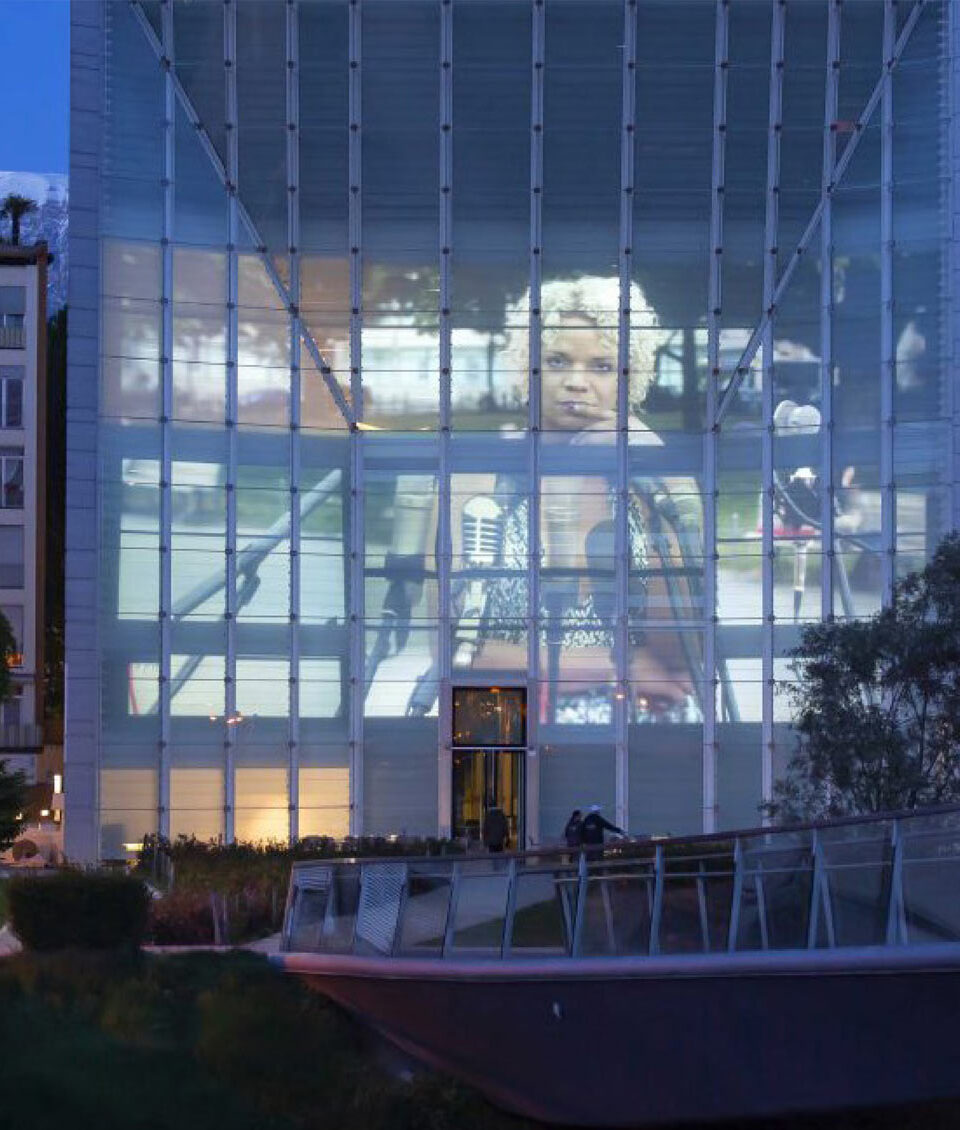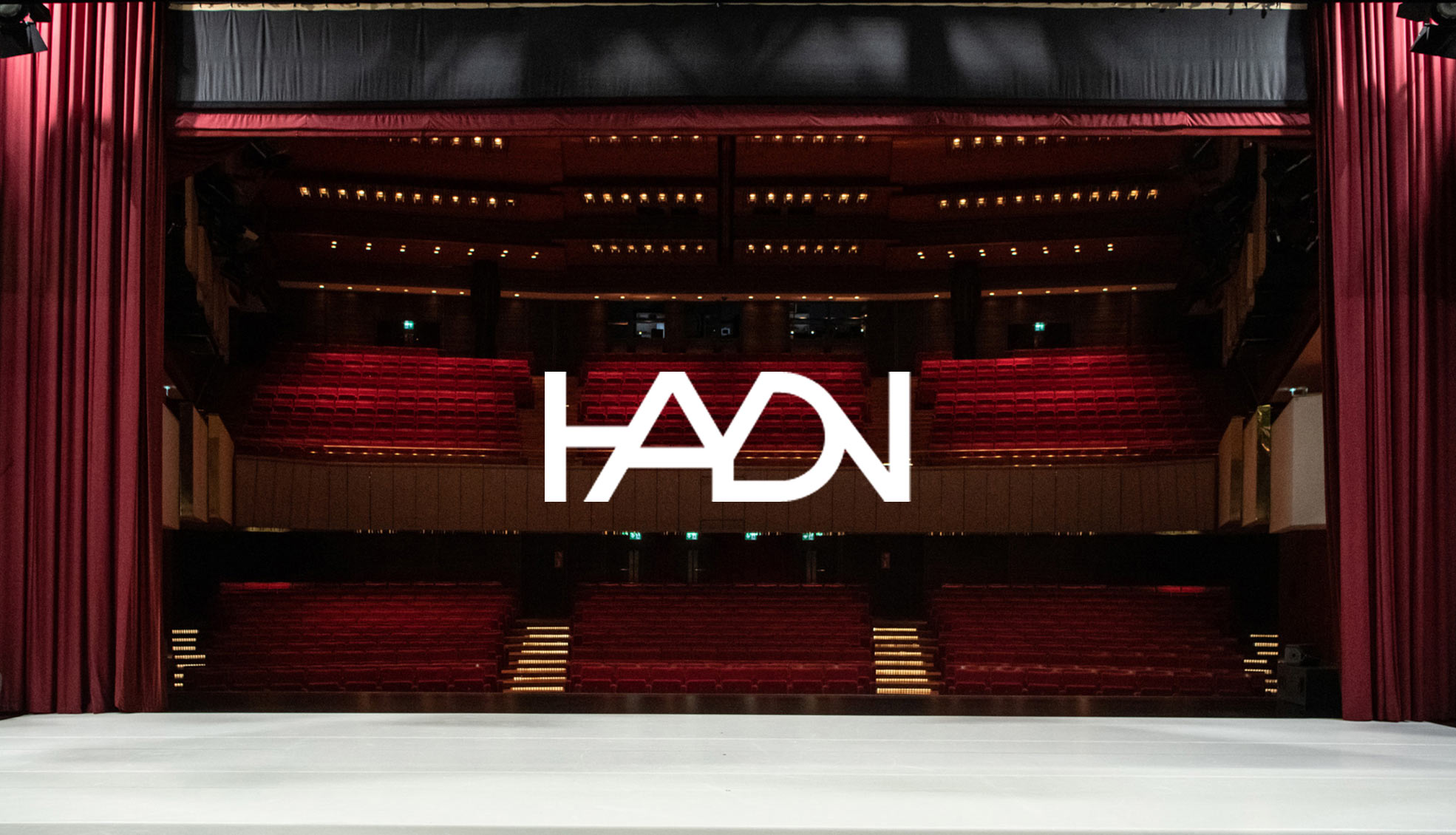Individuals, associations and companies can support Bolzano Danza Festival and help promote the arts in South Tyrol in a number of ways. The festival is a cultural event which breaks down language and cultural barriers to build community. It involves music, design, architecture and the visual arts. When you support the festival, you support culture, integration, sustainability and… beauty!
The Festival
Bolzano Danza is a leading festival of contemporary dance, both nationally and internationally. Organised by the Haydn Foundation, it brings its contagious energy to the city every July, attracting a diverse and enthusiastic audience. Inclusion, participation and sustainability are key to the festival. It is open to societal diversity and ready to capture our world in a state of flux – through the universal language of dance.
The performances, which showcase the best contemporary choreographers and dancers and encompass a wide range of genres and languages, are centred around the Teatro Comunale, from which they radiate out to a number of prominent venues throughout the city, reshaping its perception thanks to projects involving artivism and social interaction. Alongside the performances, the festival also offers dance workshops of all styles organised by the Südtiroler Kulturinstitut.
History
of the Festival
The festival
in figures
Events
Premieres
Choreographers
Locations
Anouk
Aspisi
A seasoned cultural manager with years of work in France and Italy, Anouk Aspisi (Montpellier, 1968) read Political Sciences at the University of Montpellier and then went on to obtain a Master’s degree in Communication and Media from the Audiencia Business School in Nantes. Her twenty-five years of work featured collaborations with prestigious public administrations and private entities. Aspisi has created numerous projects, focusing on conversations with the public and audience development. She has collaborated with the Romaeuropa Festival advising them on international relations (2000-2004), with the François Pinault Foundation in Venice (2008-2010), with the Institut français Italia as cultural attaché (2012-2017) – where she created the multidisciplinary La Francia in Scena –, as the General Secretary of the Fondazione Nuovi Mecenati (2013-2018), as the Head of Communication at the Accademia di Santa Cecilia (2017-2018) and as the General Secretary of the Maison de la Danse in Lyon (2018-2022). She was also a consultant for artistic creation between 2022 and 2024 to French Minister of Culture, Rima Abdul Malak, on matters such as live performances, festivals, music, and the visual arts.
Olivier
Dubois
After his exceptional international career as a dancer, Olivier Dubois (Colmar, 1972) has been giving space to his creative endeavours since 2006. His first work, Pour tout l’or du monde, won him the Prix Jardin d’Europe in Vienna, which is a European Prize for Emerging Choreography. His oeuvre features Faune(s), made for the 2008 Avignon Festival, Spectre, made for the 2010 Les Ballets de Monte-Carlo, and L’homme de l’Atlantique, a duet for the Biennale de la Danse in Lyon. In 2009, he started the Étude critique pour un trompe-l’œil trilogy with Révolution, followed by the Rouge and Tragédie solos in 2011 and 2012 respectively. When Marseille was chosen as 2013 European Capital of Culture, he staged the Élégie for the Ballet National de Marseille; he staged Come out for the Ballet de Lorraine in 2019. In 2013, he won the Italian critics’ Danza&Danza Prize, and in 2014 he was appointed Director of the Ballet du Nord-Centre Chorégraphique National de Roubaix by the French Ministry of Culture. He was also awarded the Prix Fedora Van Cleef & Arpels and, in 2019, was nominated Chevalier des Arts et des Lettres. Dubois is no stranger at Bolzano Danza, having been invited as a guest to numerous editions. Indeed, he created choreographies for the festival such as Les Mémoires d’un seigneur (2015), Swan Blast (2019), and For Gods Only/Sacre #3 (2024).
Haydn
Foundation
The Haydn Foundation of Bolzano and Trento is one of the most eminent centres of artistic innovation in Trentino-Alto Adige. Its mission is to support high-quality symphonic music, opera and dance, promoting intercultural dialogue and encouraging social and personal growth. Since 2015 it has been organising Bolzano Danza, a festival that has developed its own strong identity by focussing on inclusion, sustainability and experiments with various styles and languages.













